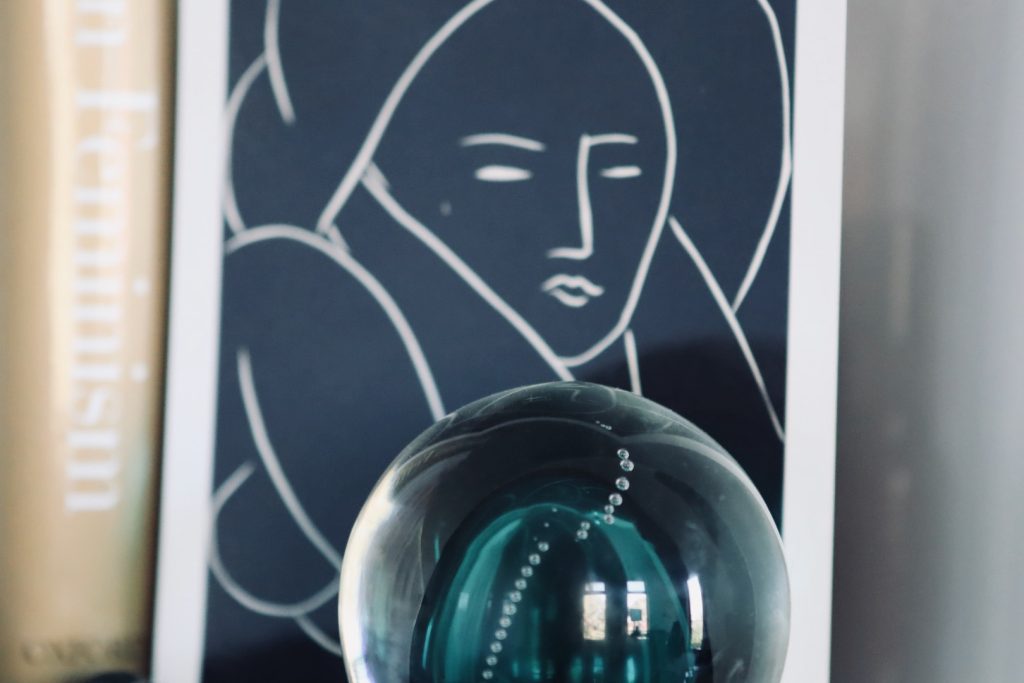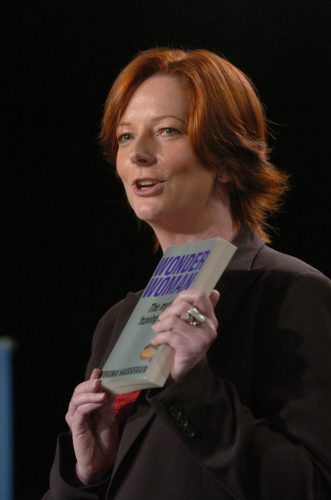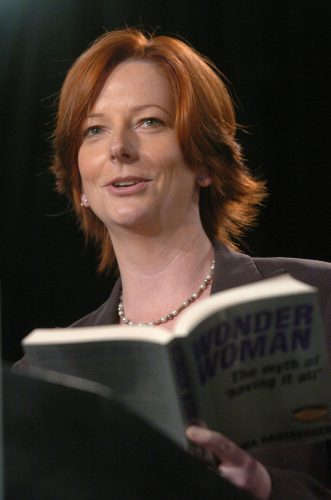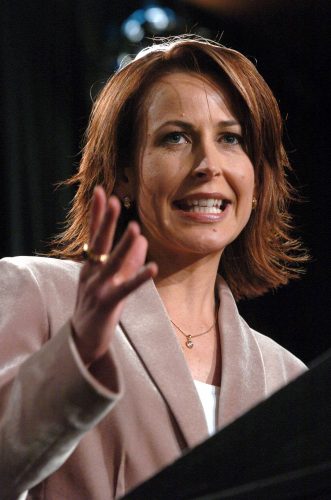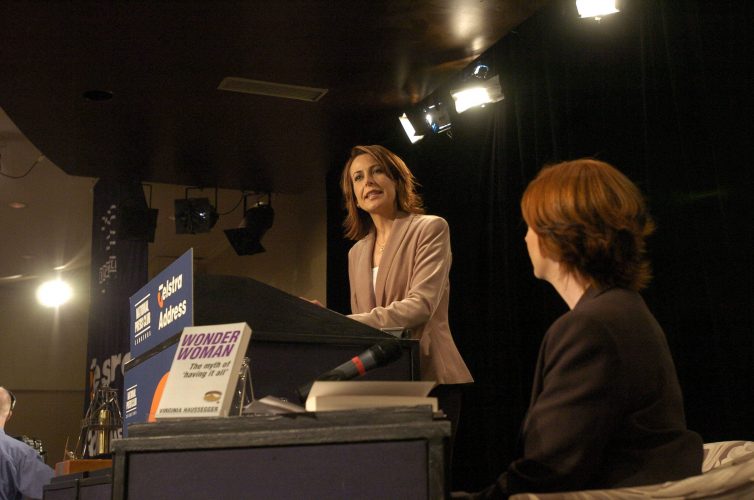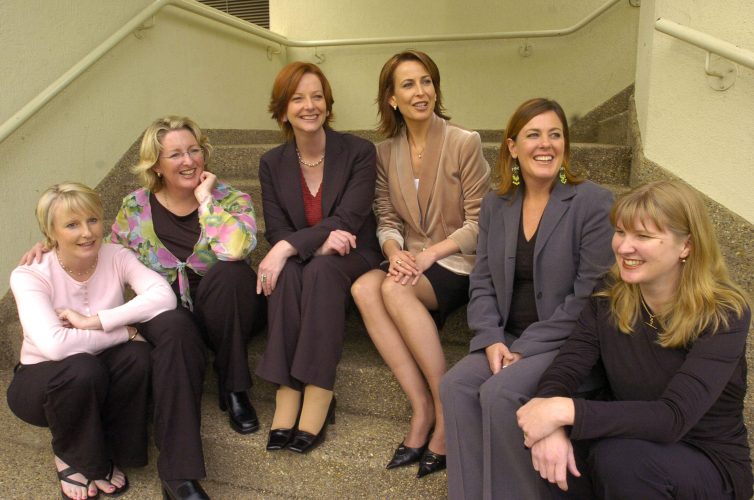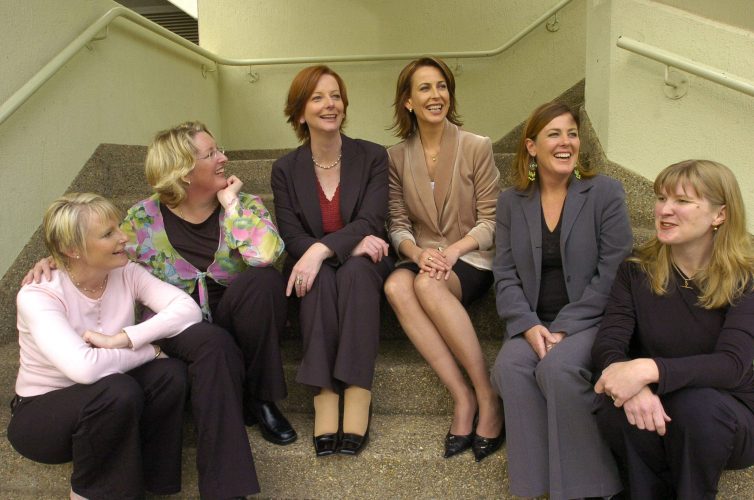Twenty-two year old Jamila Rizvi is ”deliberately barren”. So too are several hundred of her female university friends. Or they were, but fortunately not anymore. Which is just as well, as infertility is perhaps not the best kind of advertisement a healthy young woman wants to put out there.
But back last year, when Liberal Senator Bill Heffernan – the eyes and ears of John Howard – delighted in some serious ”barren” bashing of Julia Gillard, ”barrenness” suddenly spread across the social network Facebook like some kind of silent, highly contagious virus.
Jamila, who is President of the ANU Students’ Association, felt moved to change her Facebook status to ”Jamila is deliberately barren”. And so did just about every other young female among her 600-plus Facebook friends. The ”barren” movement spawned within two hours of Huffing Heff’s statement hitting the airwaves.
Jamila explains it as ”a kind of cult thing”, in which young women could immediately express their abhorrence of what they saw as misogynistic and out of place. ”By every girl changing her status to say she was ‘deliberately barren’ was a way of making a political statement.” It sent a powerful message, and yet it happened with the kind of spontaneity and speed that Facebook users have come to expect in their social and political interactions.
Similarly, on the day the Prime Minister made his apology speech to the indigenous community, some 200,000 Facebook users changed their status to declare they were ”sorry”. Again, it was an unambiguous, silent and spontaneous movement of voices adding to a gigantic political cyber- collective.
No doubt there is a sense of power and solidarity in joining the wave. And no doubt the use of Facebook as an instant communications tool to reach not just hundreds, but thousands, of eyes and ears is tremendously efficient.
Jamila says she and her uni colleagues log on every day to disseminate information, and check up on what everyone else is doing. ”It’s like one common place where I can go to get all the updates on the different groups I’m involved in”. And no doubt too it beats the old-fashioned way of calling a meeting on campus, which involved putting up posters. Certainly Facebook wins hands down on speed, audience reach and economic efficiency.
But there is a darker side to this.
Facebook has contorted the meaning of ”friend”. And it has butchered the value of friendship. Now everyone can have plenty of cheap and easy friends, where the friendship requires no more effort than a ”click to confirm”. Conversation is kept to a bare minimum of pithy and shallow statements: their simplicity and brevity would be downright rude, if that was all that was offered in real life.
But that’s the point – we don’t want the effort or awkwardness of real-life contact, when we can have this quick ”fast-food” version of friendship instead. There is a safe distance maintained in filtering relationships thought a portal. And given the ease of gathering such ”friends”, the competition to rack up the numbers on Facebook is fierce.
What effect such dumbing-down of friendship is having on our ability to build real and lasting relationships of substance is yet to be seen. Facebook has only existed for four years, but for many users it’s already a primary network of connection, tapped into several times a day.
Yet, most Facebook ”friends” – and some users have hundreds of them – are people we will never touch or talk to in person. Mostly they are not the kind of people we care enough about to pick up the phone and call, or email or visit. And yet there is a feigned delight in having them – as long as we can keep them at a cyber distance.
Futurist Richard Watson says there is data to suggest that for every 150 Facebook friends, we have only two ”real” friends. Which even heavy Facebook users will reluctantly agree is probably close to the truth.
But perhaps it’s the implicit vanity that disturbs me most about Facebook. To be part of it one needs a strong dose of self-importance. After all, it takes a healthy ego to post flattering photos of yourself for public consumption; tell the world moment by moment what you’re doing, where you’re going, and what you’re thinking all the while assuming that each of your ”friends” cares, or even wants to know. Among Facebook friends nothing is sacred, little is private, everything is shared, and short snappy comment is king.
We all experiment with reinventing ourselves at times, and Facebook, with its 70 million users a month, is the kingdom of reinvention. We can reshape ourselves to be whoever we want, with little regard to truth or reality.
But the saddest ”friend request” I’ve received on Facebook came this week, from a young woman mired in her own cyberspace myth. I know her to be sad, lonely, friendless and struggling with depression. She is connected to the world only through the computer in the corner of the bedroom. Yet on Facebook this miserable creature has morphed into the kind of hip and glamorous young savvy chic she must dream she could be. She has ”friends” and photos (who are these people?) and games and ”gifts” and jokes and lists of favourite music and films. With the conviction of the seriously deluded, she tells me she has ”stacks” of friends and life is good.
I can’t bring myself to tell her it’s not a ”real” life. But someone should.
